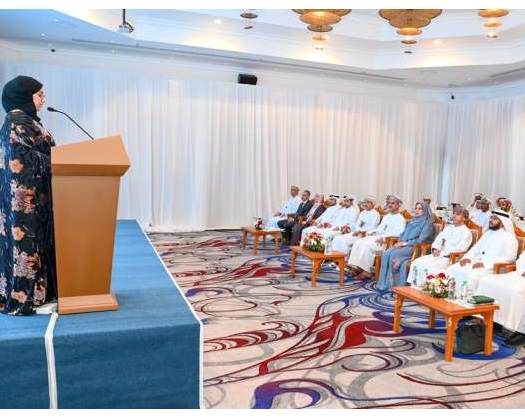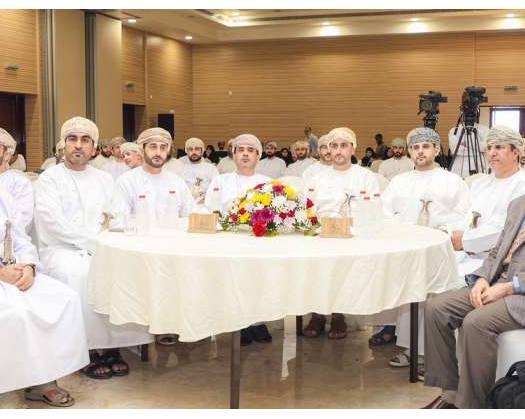Salalah: A regional seminar on developing the components of the Environmental Performance Index (EPI) in GCC countries got underway on Wednesday in Salalah, Dhofar Governorate.
The two-day workshop, organised by the GCC Statistical Centre (GCC-STAT), is being attended by officials and experts from environmental and statistical divisions of member nations. It is held under the patronage of Dr. Abdullah Ali Al Amri, chairman of the Environment Authority.
The workshop seeks to exchange thoughts on the best practices in the industry, as well as establish techniques to promote sustainable environmental policies at the national and regional levels.
According to Al Amri, the workshop marks progress in developing an integrated Gulf environmental system. According to him, the joint EPI demonstrates GCC countries' desire to keep up with global environmental issues and make decisions based on real and trustworthy data.
Al Amri stated that the Sultanate of Oman, through the Environment Authority, supports joint GCC efforts in accordance with the objectives of Oman Vision 2040. This drive stems from Oman's international commitments to environmental protection and efforts to address climate change, according to him.
Intisar Abdullah Al Wahaibi, Director General of the GCC-STAT, stated that "the EPI is a strategic tool for measuring the level of environmental progress being made in GCC countries and comparing performance to international standards—with the ultimate goal of developing effective environmental policies. "
She noted that the EPI addresses a wide range of topics, including air quality, water management, biodiversity, and land use. According to her, the EPI creates a single database to enable sustainable future planning.
The workshop will focus on the numerous phases required to create a GCC Environment Performance Index. These include developing objectives, choosing subindicators, gathering and evaluating data in collaboration with relevant departments in each GCC state, and doing so within a framework that represents the region's environmental sustainability goals.








